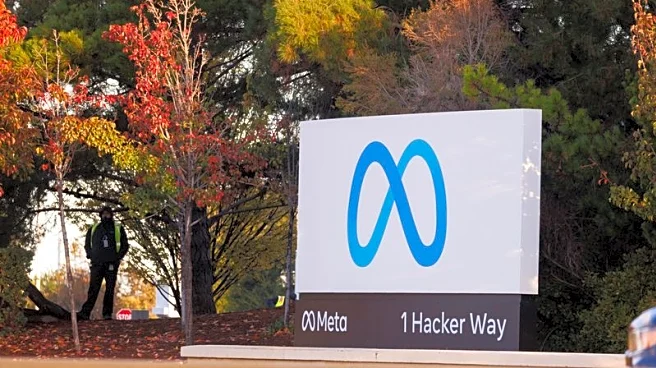Rapid Read • 7 min read
Spain's third-largest bank, BBVA, has initiated a partnership with Binance to provide Bitcoin custody services for the exchange's customers. This collaboration allows Binance users to store their digital assets off the exchange, primarily in U.S. Treasuries, with BBVA serving as a neutral custodian. This arrangement ensures that customer funds remain separate from Binance's operational funds and are used as collateral for trading without direct exposure to the exchange's balance sheet. The move is part of Binance's strategy to enhance trust and regulatory compliance, especially following increased scrutiny in the crypto industry. BBVA, which has already secured regulatory approval for crypto services in Spain, is expanding its digital asset capabilities by integrating crypto into traditional financial services while adhering to regulatory requirements.
AD
The partnership between BBVA and Binance is significant as it reflects a growing trend of traditional banks entering the crypto custody market. This move is driven by increasing demand from both institutional and retail investors for secure storage options for digital assets. By collaborating with a reputable bank like BBVA, Binance aims to strengthen its risk management framework and demonstrate transparency, which is crucial for restoring investor confidence after incidents like the FTX collapse. The partnership also highlights the evolving landscape of digital asset management, with large banks recognizing the revenue potential in crypto-related services. This development could encourage further innovation and potentially normalize the integration of crypto into traditional banking systems.
The collaboration is expected to inspire similar partnerships between other banks and crypto exchanges, signaling a shift toward mainstream acceptance of cryptocurrencies within the traditional financial system. As regulatory scrutiny continues to increase globally, particularly in the U.S. and Europe, more financial institutions may seek to offer custodial solutions for digital assets to meet the needs of a market still in its early stages of institutional adoption. The success of this partnership could pave the way for further integration of digital assets into traditional financial infrastructure, potentially leading to broader acceptance and use of cryptocurrencies.
AD
More Stories You Might Enjoy











